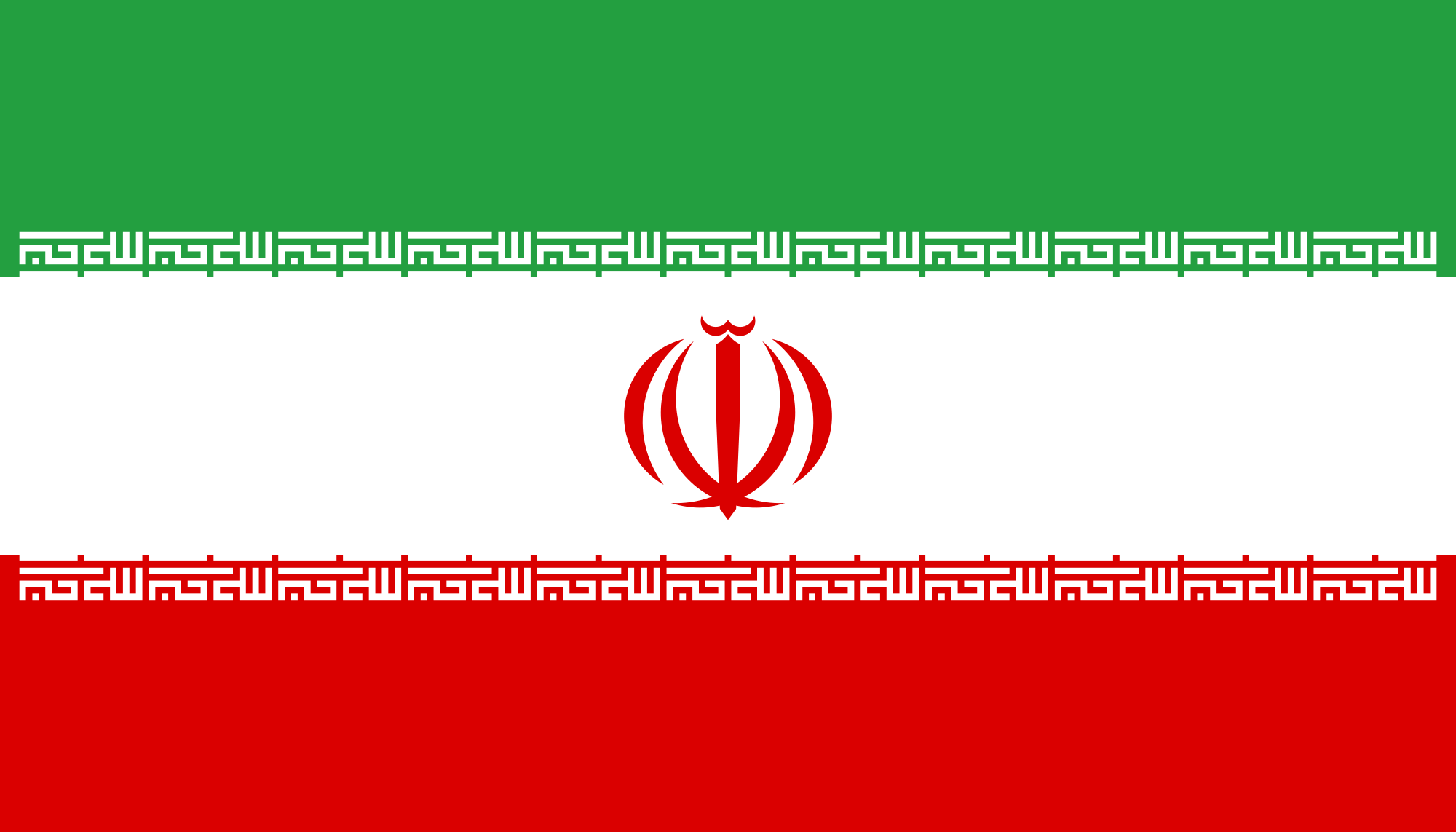Undeterred by decades of carnage and the disastrous outcomes of prior conflicts, ideologues within the Trump administration are clamoring for military action against Iran. The exact basis for this escalation varies. Common among the allegations are concerns over Iran’s civilian nuclear program, in spite of Iranian compliance with the Non-Proliferation Treaty, Joint Comprehensive Plan of Action (the Iran nuclear deal) and their Safeguards Agreement with the IAEA. Other pro-intervention voices decry Iran’s alleged sponsorship of terror organizations or cite a general concern for U.S. interests in the region as a pretext for action. This view of the Iranian regime is overly narrow and ahistorical. Iran is a conservative state in a region otherwise awash in radicalism. Any military action undertaken by the United States or its allies against the regime in Tehran will represent a grave error.
Sponsorship of terror organizations or extremist groups is a hallmark of nearly all Middle Eastern states. Saudi Arabia, Qatar and Kuwait have both lent financial and material support to Sunni extremist groups involved in the Syrian Civil war, Yet both remain in good standing as U.S. allies. Even Israel has aided rebels groups in Syria near its border, though Jerusalem denies that it is supporting extremists. Iran is not beyond reproach, for it has maintained relationships with Hezbollah and Hamas. However, these groups, while on the State Department’s terrorist list, do not threaten the United States.
The claim that the Iranian regime harbors or supports Al Qaeda is patently absurd and easily disproven.































